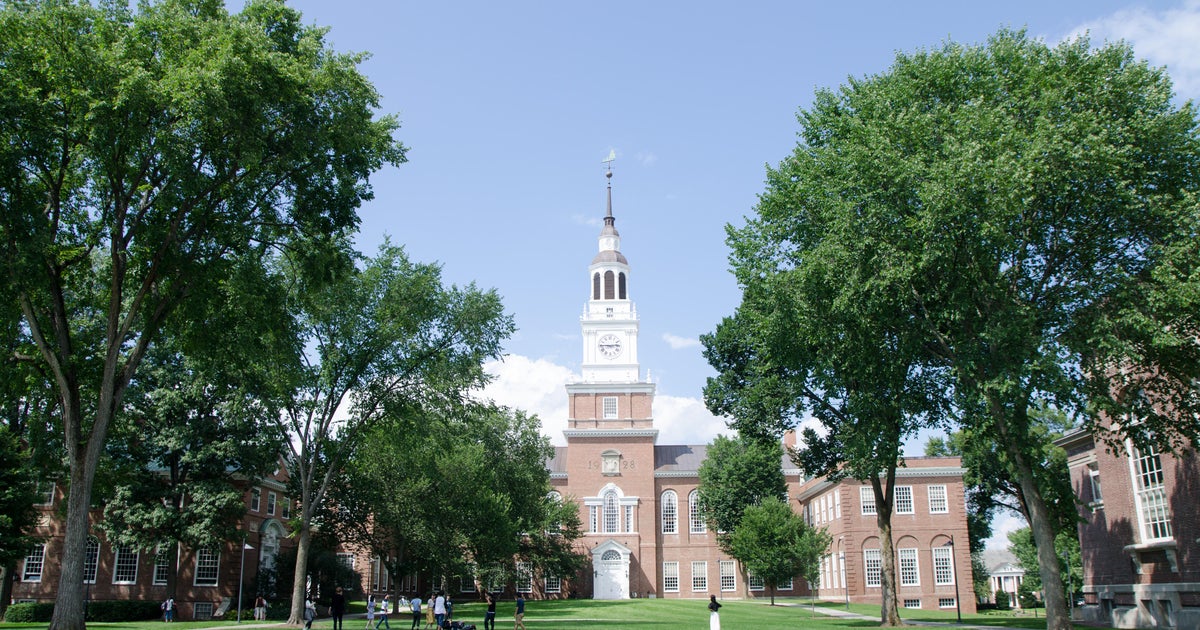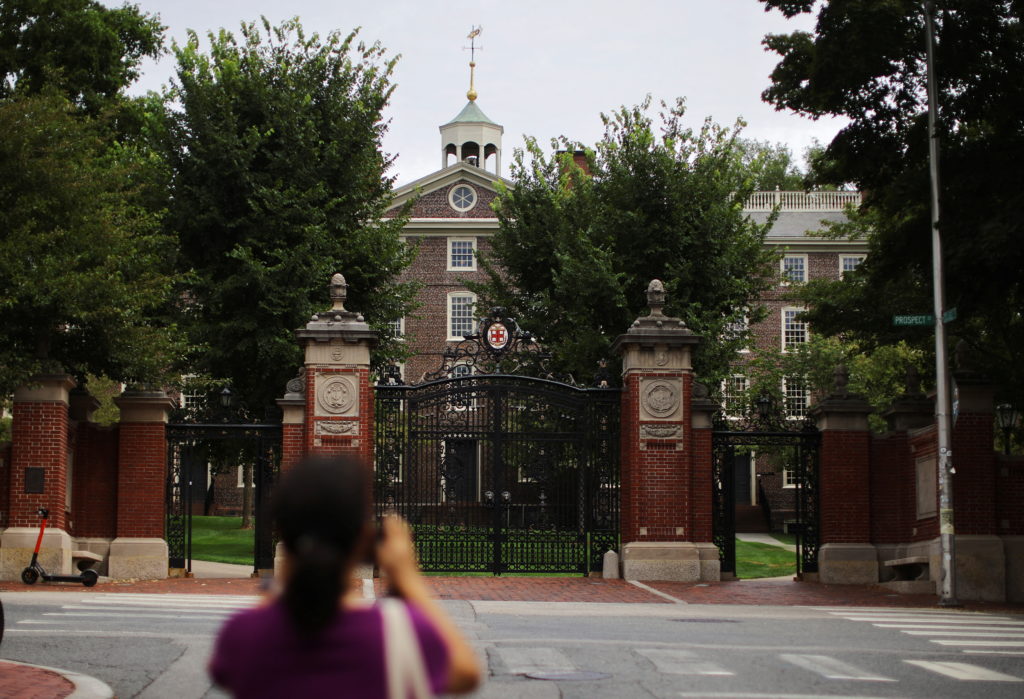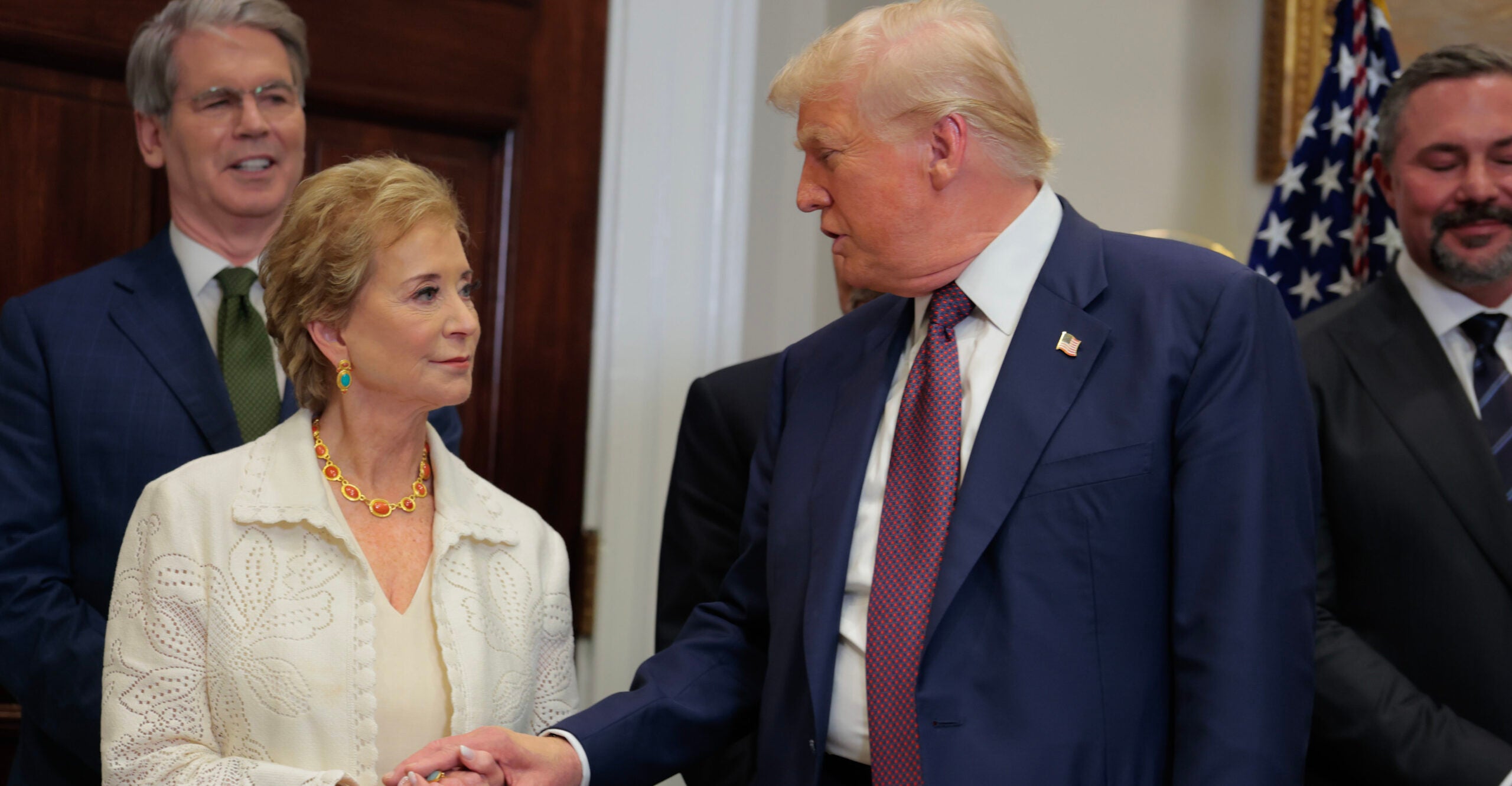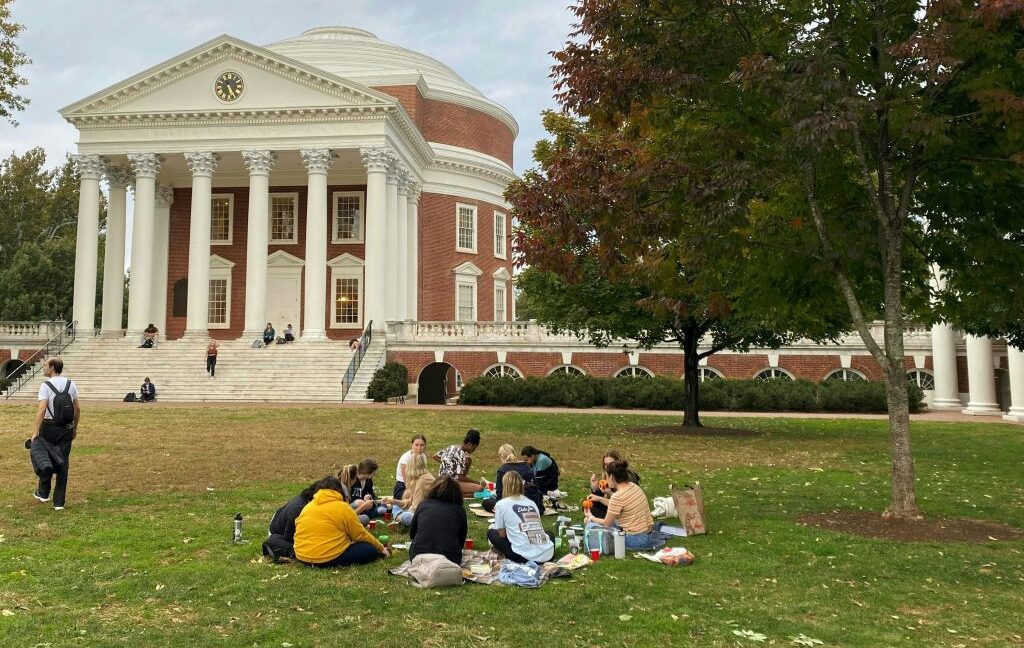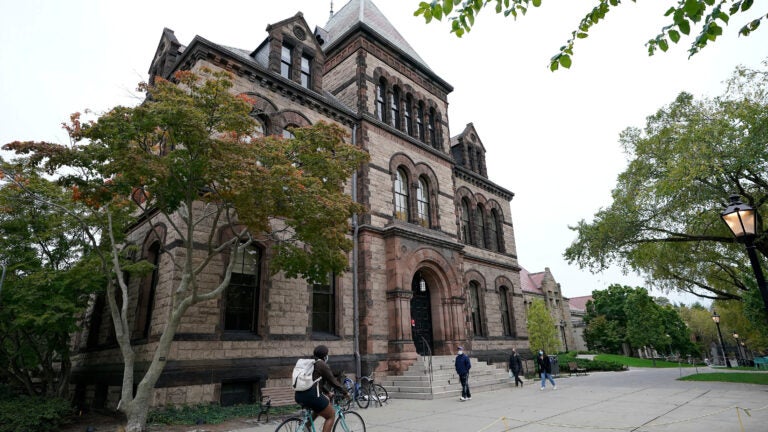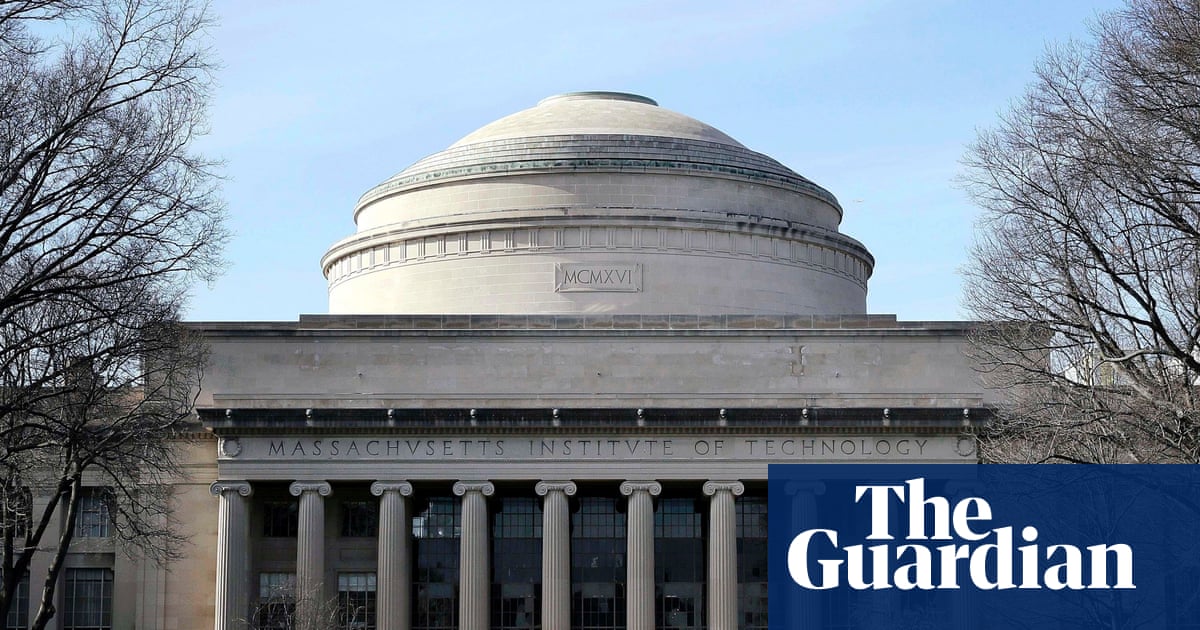Trump Administration Links Federal Funding to University Policy Changes on Admissions, Tuition, and Ideology
The Trump administration proposes a 'Compact for Academic Excellence' to nine universities, linking federal grants to commitments on tuition, admissions, and protecting conservative viewpoints.
Subscribe to unlock this story
We really don't like cutting you off, but you've reached your monthly limit. At just $5/month, subscriptions are how we keep this project going. Start your free 7-day trial today!
Get StartedHave an account? Sign in
Overview
- The Trump administration has sent a letter and agreement, dubbed the 'Compact for Academic Excellence,' to nine major universities, including MIT and Vanderbilt, proposing a deal.
- This agreement offers universities preferential access to substantial federal grants and benefits in exchange for aligning their policies with the administration's political agenda.
- Key demands include capping international student enrollment at 15%, requiring standardized tests for applicants, and relinquishing admissions standards to the federal government.
- Universities are also asked to implement a five-year tuition freeze, offer free tuition for hard science majors, and adopt money laundering rules for donations.
- Furthermore, the compact requires universities to protect academic freedom and eliminate institutional units that may punish or belittle conservative ideas on campus.
Report issue

Read both sides in 5 minutes each day
Analysis
Center-leaning sources frame this story by portraying the White House's compact as a politically motivated "battle" or "wish list" to reshape higher education. They emphasize the controversial nature of the demands and the administration's use of federal funds as leverage, often contextualizing it with past conflicts. This collective editorial choice highlights the perceived government overreach and partisan agenda.
Articles (9)
Center (5)
FAQ
It is an agreement offered by the Trump administration to nine major universities, proposing preferential access to federal grants in exchange for universities aligning their policies with specific political and academic criteria set by the administration.
Nine major universities, including the Massachusetts Institute of Technology (MIT) and Vanderbilt University, have been invited to join the compact.
The demands include capping international student enrollment at 15%, requiring standardized tests for applicants, relinquishing admissions standards to the federal government, implementing a five-year tuition freeze, offering free tuition for hard science majors, adopting money laundering rules for donations, and protecting academic freedom specifically for conservative viewpoints while eliminating units that punish conservative ideas.
The administration aims to influence university policies to align with its political agenda, particularly by promoting conservative viewpoints on campus and controlling admissions and tuition practices to meet their set priorities.
These changes could restrict international student enrollment, limit admissions autonomy, freeze tuition impacting university finances, and potentially create an environment prioritizing conservative viewpoints, which may affect academic freedom and campus inclusivity.
History
- 1M

 4 articles
4 articles
